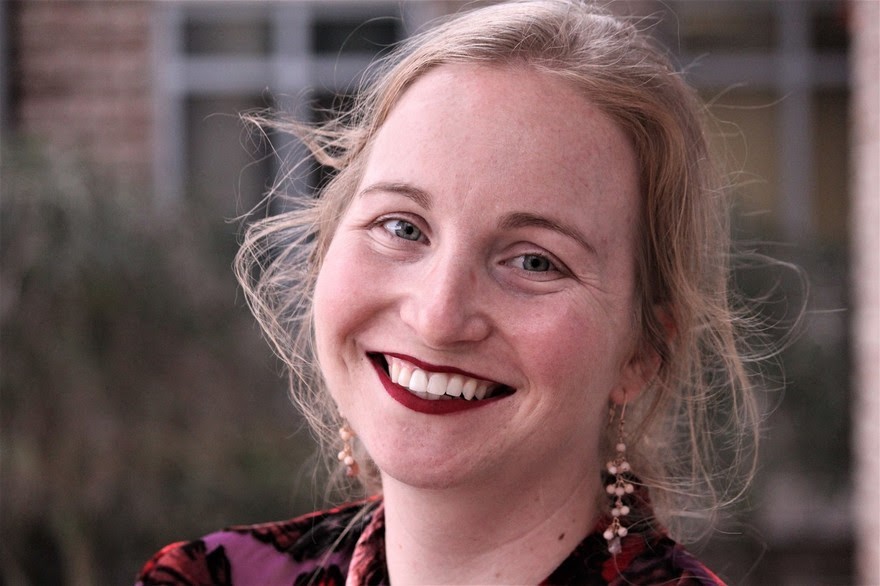USCB Grad School’s First Fulbright Scholar
It had been months since Theodora Light – Tedi to those who know her – had gotten the bad news. So long, she doesn’t even remember exactly when she found out.

Light, who graduated from the University of South Carolina Beaufort in May with a Bachelor of Arts in History and Spanish, was named a semifinalist for the 2020-21 Fulbright U.S. Student Program.
But she had since been informed she wasn’t chosen, instead holding a spot as an alternate. With no idea how many others had met the same fate as her, Light knew her chances were slim and had emotionally moved on.
She applied to a short list of schools with strong graduate programs in history, including Harvard, before settling on the University of Georgia, though it was really her favorite all along. In June, along with husband Carl, a dog and two cats, Light left Beaufort for a new home in Athens, Ga.
On Friday afternoon, Light, who wasn’t feeling well, was lying down for a nap when an unexpected but amazing email popped into her in-box.
“Dear Theodora,” the letter read, “We are delighted to inform you that you have been promoted from alternate and selected for a 2020-21 Fulbright U.S. Student Award to Spain. The Fulbright Program is the flagship international educational exchange program of the United States, and you will represent the country as a cultural ambassador while you are overseas, helping to enhance mutual understanding between Americans and the people in Spain.”
A nontraditional student who carried a workload of 18 credit hours each semester and took summer classes until her senior year, Light has now gone from the first USC Beaufort student to be named a Fulbright semifinalist to the only USCB student to win the prestigious award.
“The excitement of receiving the Fulbright research grant this early in my graduate studies is almost indescribable,” Light said Monday. “Archives like those in Seville are an historian’s dream and present such an amazing opportunity to craft a project even bigger than just a thesis.”
Light, who had worked at the Santa Elena History Center in Beaufort, will now spend part of next year studying and conducting research at the University of Seville and at the General Archives of the Indies of Seville. Her research interests involve what she describes as an overlap of indigenous slavery (of Indians) and African slavery by early Spanish settlers in the land called La Florida in the 16th century.
As USC Beaufort outlined in the February news release announcing Light as a finalist, beginning in the mid-1500s, early Spanish settlers made their way from the tip of Florida to what is now Virginia purchasing indigenous slaves from the tribes they encountered along the way.
“They were here to take indigenous slaves — Indians — back to their established colonies in the Caribbean,” Light said in February. “And to do that, they brought African slaves with them.”
Light plans to eventually narrow the focus of her research to either indigenous-based slavery or African-based slavery, both at the hands of the Spanish. When she earns a doctorate, she has said she intends to work in public history, ideally in a museum.
Light, in her first semester as a graduate student at Georgia, was adamant that her faculty at USC Beaufort shared the credit for her accomplishment.
Specifically, she mentioned Professor Kim Cavanaugh, Anthropology; Professor Timothy “Mac” James, History and her advisor; Professor Benjamin Nelson, Spanish; and Professor James Griesse, Spanish. The first three she mentioned wrote letters of recommendation, while Griesse did her language evaluation.
“(Professor) Nelson literally helped translate emails I wrote to get the University of Seville to sponsor my grant application,” Light added. “(Professor) Cavanaugh and (Professor Juanita) Babet Villena-Alvarez helped with completion of my overall application.”
She also thanked her graduate advisor at Georgia, James F. Brooks.
“I owe a ton to the faculty support I received at USC Beaufort,” Light said, “and I’m just so thrilled to represent them and the University of Georgia in Seville.”
The email Light received Friday said that she would receive a more official congratulatory letter from the Fulbright Scholar Program, an obvious keepsake for her to hang on her wall.
If she ever gets it, that is.
“I haven’t gotten the physical letter yet,” Light said. “There’s honestly a chance they sent it to my Beaufort address. I just changed it. I didn’t think to change it before because I’d basically given up.”
WHAT IS A FULBRIGHT SCHOLAR?
The Fulbright U.S. Student Program is the largest exchange program in the U.S. It provides grants for research, study and teaching opportunities at international universities in 140 countries. Fulbright recipients work, live with and learn from the people they encounter in the host country. The Fulbright program promotes cultural exchange through direct interaction on an individual basis in the classroom, the field, the home and in the simple chore of performing routine tasks. The goal is to gain a better understanding of other viewpoints and beliefs.
Article by Mike McCombs, originally published on the Island News







